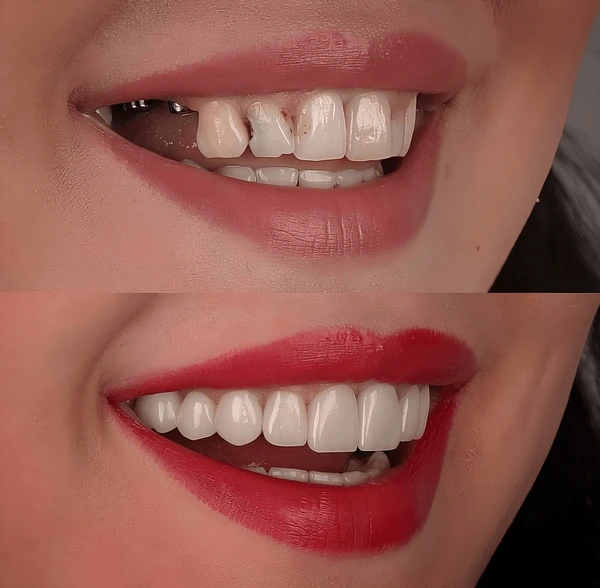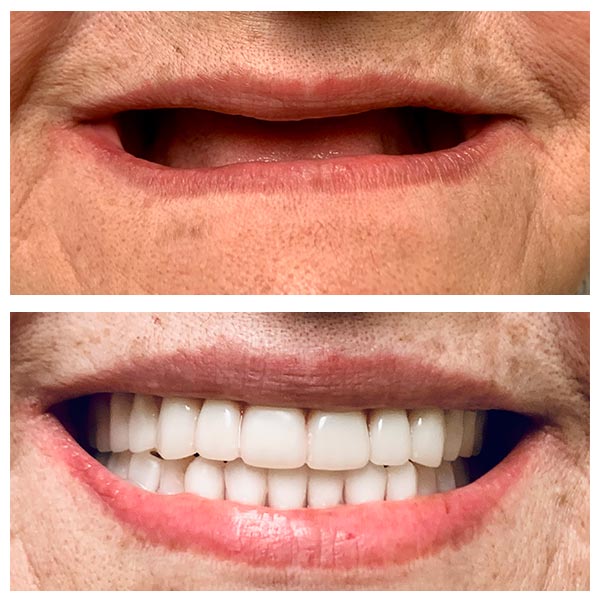Shopping cart
Subscribe to out newsletter today to receive latest news administrate cost effective for tactical data.
2478 Street City Ohio 90255
- Phone: 77 999 833 29
- Email: info@tinypearls.in
Subscribe to out newsletter today to receive latest news administrate cost effective for tactical data.
2478 Street City Ohio 90255
Dentures are removable dental prosthetics designed to replace missing teeth and the surrounding soft tissues. They restore oral function, aesthetics, and confidence in patients who have lost some or all of their natural teeth. Depending on the extent of tooth loss, dentures can be complete (full) — replacing an entire arch of teeth, or partial — replacing a few missing teeth while preserving the remaining natural ones.
Dentures have been a cornerstone of restorative dentistry for centuries. Modern advancements, however, have dramatically improved their comfort, fit, and appearance. Today’s dentures are crafted from high-quality acrylics, resins, and sometimes metal frameworks, making them durable, lightweight, and lifelike. They not only restore the ability to chew and speak properly but also help maintain facial structure by supporting the lips and cheeks, preventing the “sunken” look associated with missing teeth.


Tooth loss is more than just an aesthetic concern. Missing teeth can severely impact oral health, functionality, and even general well-being. Dentures play a vital role in:
Allow patients to enjoy a wider variety of foods, improving nutrition.
Missing teeth can cause speech difficulties; dentures restore clarity.
Replaces missing teeth and supports facial muscles, preventing a prematurely aged or collapsed facial appearance.
Partial dentures prevent the shifting of remaining natural teeth, preserving bite alignment.
A complete smile allows patients to feel more comfortable in social and professional interactions.
By improving chewing and diet, dentures indirectly contribute to better digestion and overall health.
The Process of Getting Dentures
These innovations make dentures more appealing and functional than ever before, giving patients long-lasting satisfaction.
Adjusting to Life with Dentures
The adjustment period is often the most challenging part of getting dentures. Common experiences include:
With persistence and regular dental follow-ups, most patients adapt fully within a few weeks and experience significant improvements in quality of life.
With the rise of digital dentistry, dentures are evolving rapidly. Technologies like 3D printing, CAD/CAM design, and implant-supported systems are making them more precise, aesthetic, and comfortable. The future promises faster fabrication, better fit, and hybrid options that bridge the gap between removable dentures and permanent solutions.
Dentures remain one of the most reliable and accessible solutions for tooth loss. Whether complete or partial, they restore essential functions like chewing and speaking while dramatically enhancing facial appearance. While they may require adaptation and proper care, modern dentures offer a balance of affordability, comfort, and natural aesthetics.
For patients seeking a functional, confident smile, dentures provide a proven solution that transforms not just oral health but overall quality of life.